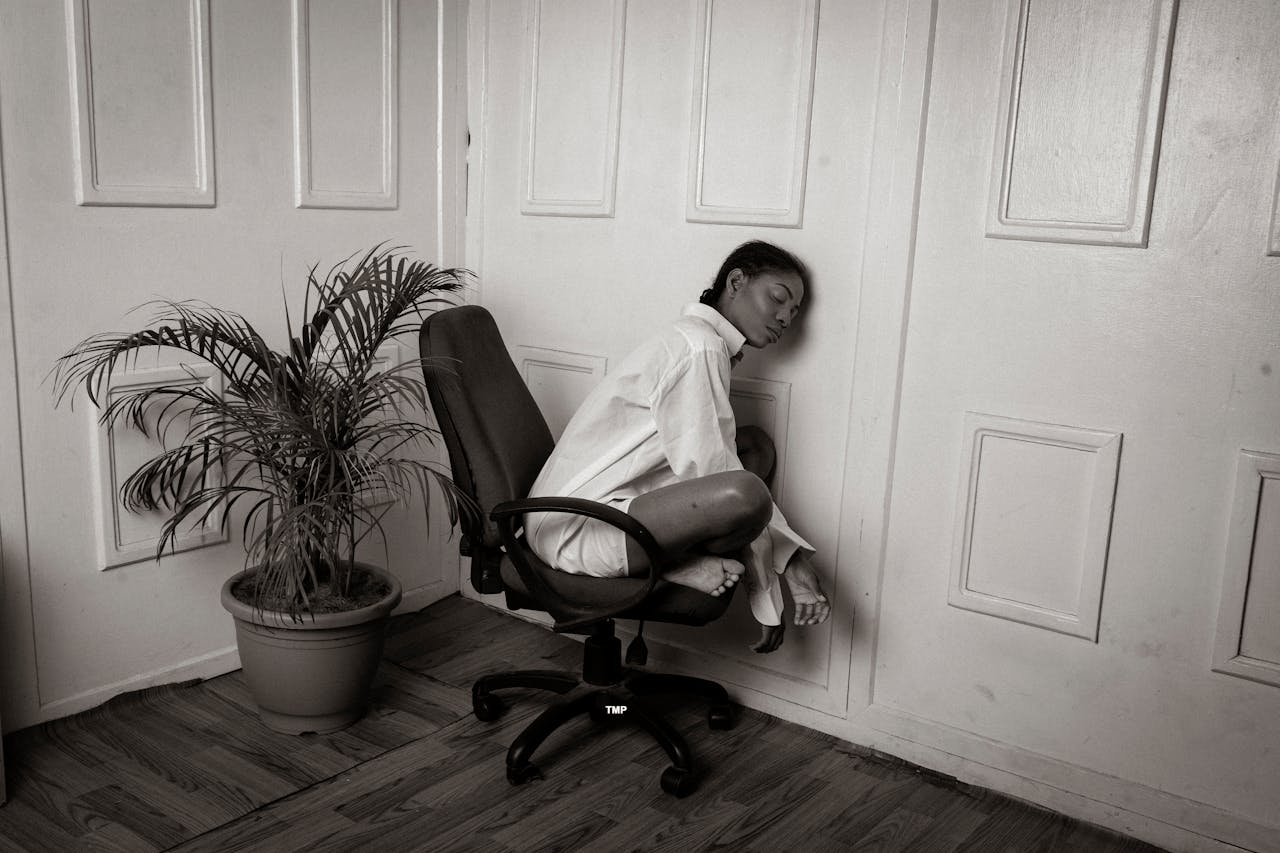Stresslaxing is when you feel stressed about trying to relax. It’s the anxiety that comes from thinking about all the things you need to do, even when you’re supposed to be taking a break. This article explores what stresslaxing is, why it happens, and how to manage it.
What is Stresslaxing?
Stresslaxing happens when you feel stressed because you’re taking time to relax instead of working. For example, you might go to the beach to unwind but find yourself thinking about unfinished tasks at work.
Psychologist Sheena Sood explains, “Stresslaxing is feeling anxious while trying to relax. Activities meant to calm you, like walking on the beach, can actually make you more stressed.”
Research by Penn State shows that people with anxiety often struggle to relax and may feel even more anxious during relaxation attempts .
Why Does Trying to Relax Cause Stress?
- Societal Demands
- Relaxation is often seen as a luxury, something you can do only after completing all your tasks. This never-ending list of commitments makes it hard to truly relax.
- A study by the American Psychological Association highlights that society often glorifies constant effort, regardless of the outcome, making relaxation difficult .
- Burnout
- Many people only try to relax when they’re already exhausted, which makes it more about recovery than relaxation. This can lead to guilt about not taking care of oneself earlier, creating a cycle of stress.
- According to a study in Nature Human Behaviour, trying to relax when mentally exhausted can actually increase stress .
- Insomnia
- Stress about whether you deserve to relax or if you’re being lazy can cause sleepless nights. This self-doubt impacts sleep quality.
- A study published by Scientific Reports found that people with insomnia have increased brain activity related to planning, making it harder to relax and sleep .
Why is It Hard for Some People to Relax?
Relaxation is often seen as something you need to earn. Many people think rest is unproductive and view constant work as the only form of productivity.
Psychologist Sheena Sood explains, “People see relaxation as selfish. Questions like ‘How can a parent relax and not work for their child?’ cause self-doubt and make it hard to relax.”
Stress, depression, and anxiety also make it difficult to relax. A study in Computers in Human Behavior found that people with a fear of missing out (FOMO) resist relaxing and disconnecting from social media .
Long-Term Consequences of Stresslaxing
- Physical Illness
- Constant stress about relaxing prevents your body from getting the rest it needs, leading to health problems.
- Insomnia
- Inability to relax affects your sleep, potentially leading to chronic insomnia and reduced productivity.
- Mental Health Issues
- Ongoing stress around relaxation can lead to anxiety, depression, and other mental health problems.
How to Relax Easily
- Remove Guilt
- Work with a professional to understand that relaxation is productive and important for self-care.
- Daily Self-Care Activities
- Include small activities that help you relax, like taking walks, practicing yoga, or enjoying a cup of coffee.
- Mindfulness and Grounding
- Practice mindfulness to focus on the present moment and appreciate the small joys in life.
Summary
While relaxation should be a time to de-stress, it often becomes a source of stress for many people. This is known as stresslaxing. It’s important to recognize that anxiety, societal pressures, and stress can make relaxation difficult. By understanding and addressing these issues, you can learn to relax more effectively.
References:
- Penn State Research on Anxiety and Relaxation
- American Psychological Association on Societal Demands
- Nature Human Behaviour on Mental Exhaustion
- Scientific Reports on Insomnia
- Computers in Human Behavior on FOMO and Relaxation
